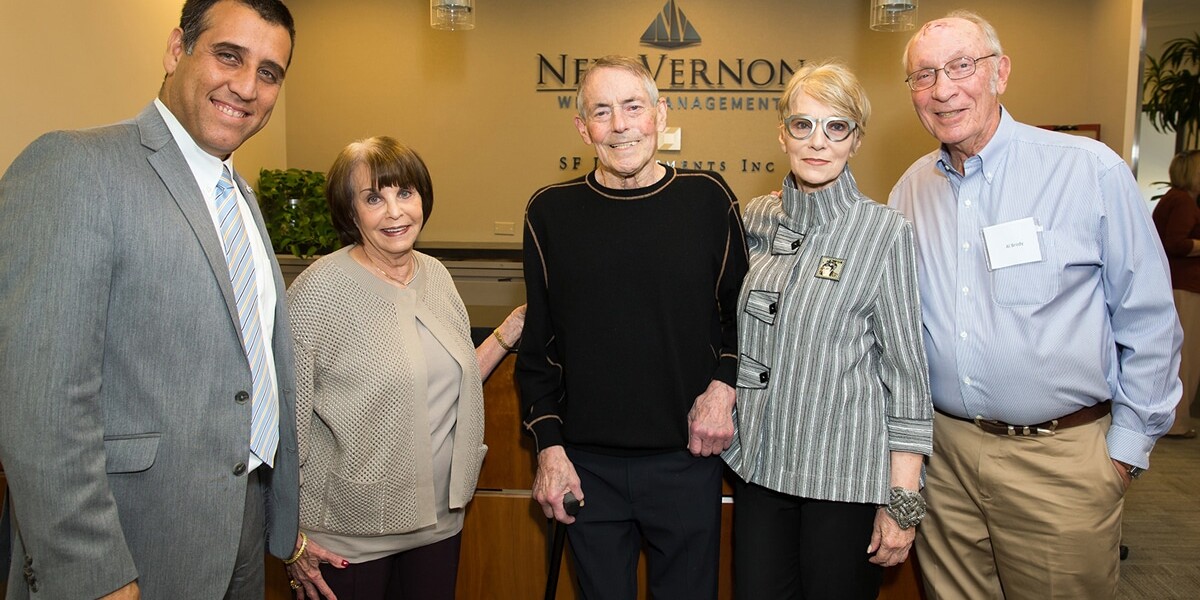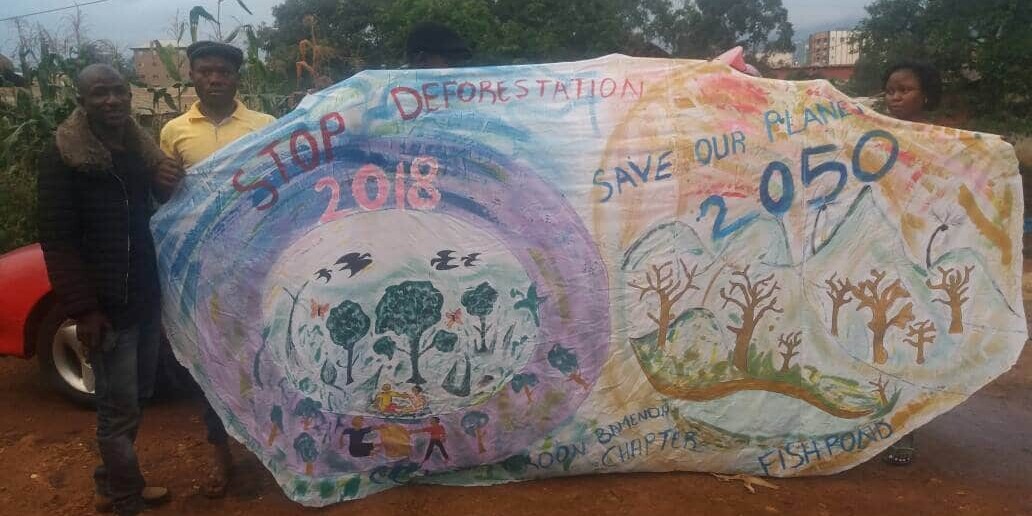[quote]Being in a Colombian jail working with women and girls who are serving time after being child soldiers is an interesting place from which to reflect on the last day of Women’s History Month. The unique challenges and insights of women and girls who were child soldiers are often lost in the conversations about demobilizaiton in Colombia and around the world.[/quote]
I can’t stop thinking about the story of María Mónica Sánchez Jaramillo who was conscripted at age 15 to fight with the guerilla. She was only one of the tens of thousands who have fought during this generations-long conflict here in Colombia. In the eight years she fought before leaving combat, Maria endured constant sexual abuse and a rape that resulted in a child. Today, she sits in prison serving the remaining time of a ten year sentence for fighting in the war.
Through Serendipity, the organization I co-founded, I have been working with many women and girls in Colombia as they go through the official reintegration process which for many means serving time in jail. I think hearing and learning from the stories of these former combatants is critical as the peace deal between the government and FARC comes to fruition and thousands prepare to turn in their guns and start a new wave of returnees entering the reintegration process.
[quote]Child soldiers, many of whom began as young girls, are coming home in Colombia and while their families are celebrating, not all of society is. [/quote]
Colombia’s FARC rebels released the first child soldiers of 2017, and while exact numbers are not known, a recent UNICEF report noted that over 6,000 children are still serving in armed groups but will hopefully soon be demobilized. Of those who have already demobilized in Colombia, 13% are women, and it is estimated that 40% of those waiting to disarm and return to civil society are female. Despite the numbers, there is still no specialized reintegration program for demobilized women. These women will face the same burdens as other demobilizing soldiers as well as unique difficulties in accessing opportunities in education, housing and the workforce after returning to their home communities.
In war, women and girls face distinct risks as compared to their male counterparts, starting with the by the breakdown of their traditional social and cultural roles as defined by society. Colombia is still in many ways a “Macho” society with patriarchal views of purity, care-giving, frailty and dependance. Further, demobilized women report high rates of sexual assualt, forced abortions, psychological and physical traumas, as well as community stigma. In Colombia, it is startling that women who suffered sexual and gender-based violence during combat have an estimated 74% risk of being victimized again in civilian life.
Organizations like ours, Serendipity, believe it is necessary to have community centers where group and individual activities canould be facilitated held based on a cross-curricular gender and restorative approach. While we work in many different ways to support peace, Serendipity is one of the few non-governmental organizations in Colombia — or anywhere — that have such a focus and expertise on the care and support of female ex-combatants. From our experiences with imprisoned former soldiers such as Maria, we understand that strengthening and developing the socio-emotional, academic and civic skills of these women and girls is the only way to a peaceful and just future.





